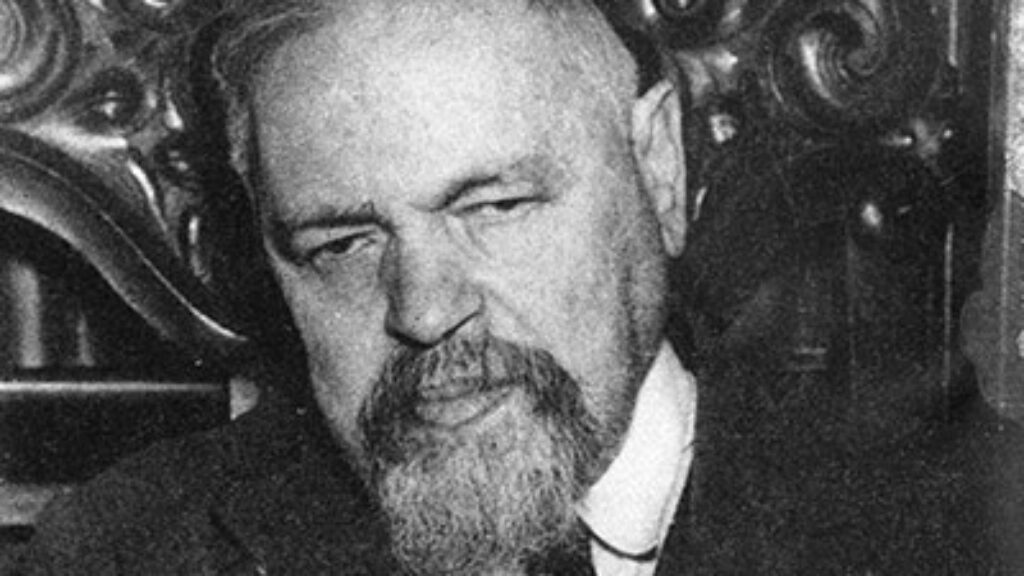Reader Review Competition
For nearly a decade, the Jewish Review of Books has brought you insightful reviews of the best Jewish books being published. Now it’s your turn! We invite you to participate in our first reader review competition (with prizes).
Here’s how to enter: Choose any book published in 2018 that you think would interest JRB readers that we have not already reviewed (search our website to confirm). We are interested in fiction, nonfiction, reference works, graphic novels, children’s literature, Hebrew titles, and more. Write a snappy (maximum 250 words) review of the book and send it, along with complete book information (title, author, publisher) to [email protected] with the subject line “Reader Review.” You may send your review as a .doc or .docx attachment or type it into the body of the email. A maximum of three reviews per reviewer will be accepted. Please submit your review(s) no later than Tuesday, November 20, 2018. You do not have to be a subscriber to the magazine to participate.
Winning reviews will be edited by JRB editors and published online. Winners will receive any book of Jewish interest of their choice (up to $100 in cost).
Need some reading suggestions? Look to our previews of books coming out in August, September, and October of this year (we’ll publish one for November in a few weeks). Other questions? Email [email protected].
Looking forward to your reviews!
Comments
You must log in to comment Log In
Suggested Reading

Sole Searcher
The author of The Dybbuk lives on in a new biography.

Halakha and Theocracy: A Response
Allan Arkush fails to see the novelty of the theocratic idea in Judaism.

The Kibbutz, Post-Utopia
One hundred years ago, Yosef Bussel, Yosef Baratz, eight other young men, and two young women arrived in Umm Juni on the southern shore of Lake Tiberias. There they established a kommuna, a small agricultural settlement that was to become the first kibbutz. A new Hebrew book celebrates the centennial history of this great experiment.

“Repent, Repent”
In his new book, How Repentance Became Biblical: Judaism, Christianity, and the Interpretation of Scripture, David A. Lambert argues that repentance, as we understand it today, is absent from the Hebrew Bible.
Sharon Hessney
Are all of the articles that you mention/link to on the website in the print magazine?
asmith
No, some of our articles appear only on the Web.